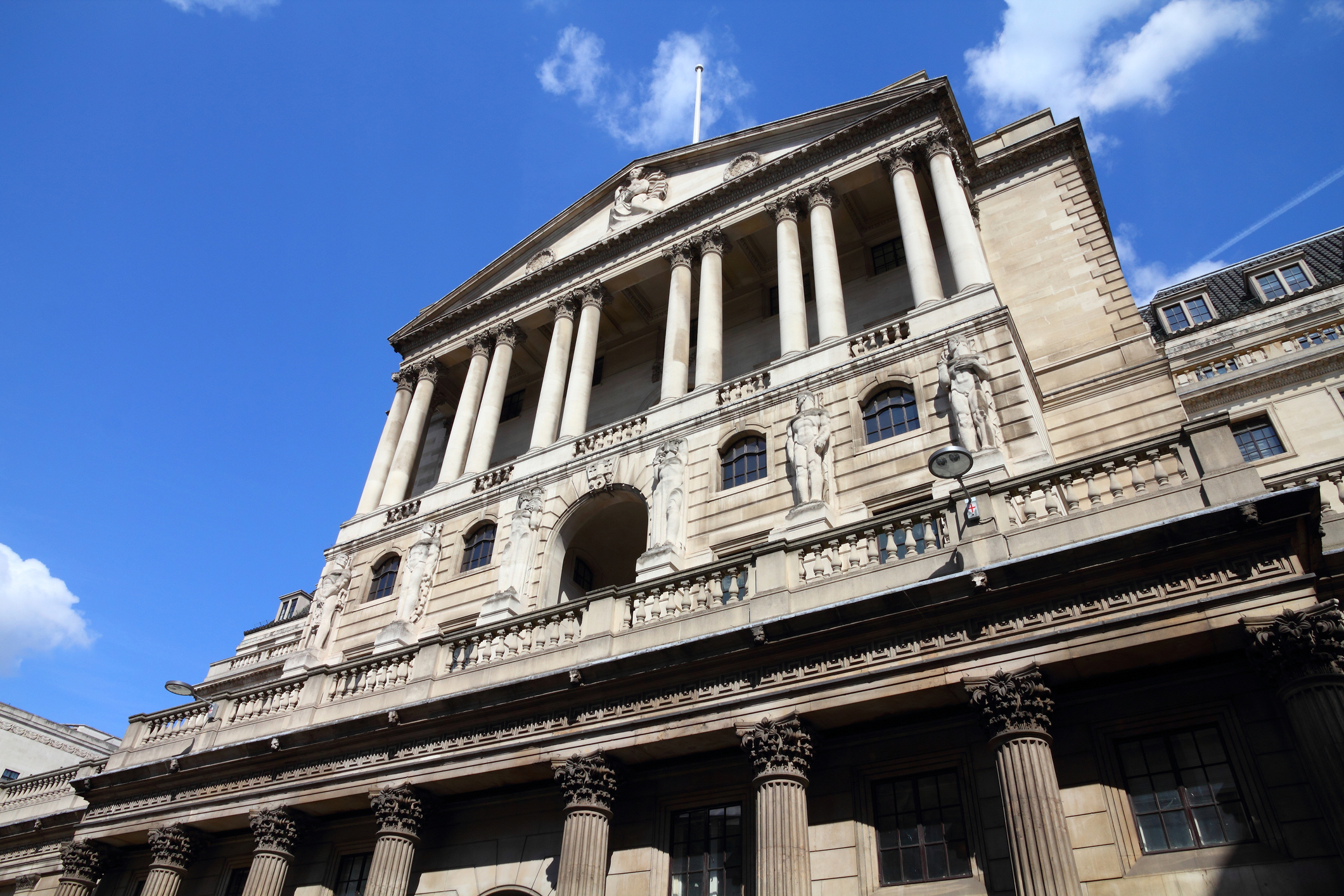A powerful House of Lords committee has heavily criticised the Bank of England for its forecasting and management of inflation as it urged MPs to consider reform.
The report damned the central bank for its reliance on “inadequate” forecasting models and its “perceived lack of intellectual diversity”.
The report added that Threadneedle Street had made “errors” in its handling of inflation, triggered after the Covid pandemic and Russia’s invasion of Ukraine.
It insinuates that the BoE was slow to raise interest rates because of a belief in 2022 that high rates of inflation triggered by the pandemic and the energy crisis would be “transitory”.


It also called for future Bank recruits to be drawn from a more varied intellectual background in order to foster a “diversity of views and culture of challenge”.
The central Bank has already appointed Ben Bernanke, former chair of the US Federal Reserve, to review its forecasting, following criticism from MPs over its recent record.
The committee welcomed Bernanke’s review, adding that it should also consider “will also consider whether appointments are creating sufficient diversity of thought”.
The Lords Economic Affairs Committee report, entitled “Making an independent Bank of England work better”, ultimately concludes that while operational independence of the Bank of England should be preserved, reforms are vital to improve its performance.
It says: “All central banks, including the Bank of England, made errors in the conduct of monetary policy in recent years. In 2021 high rates of inflation were incorrectly forecast to be ‘transitory’.
“Possible reasons for this include a perceived lack of intellectual diversity in the Bank of England and other central banks, which contributed to insufficient challenge as regards modelling and forecasts.
“Over the years the Bank’s remit has grown: this risks jeopardising the Bank’s ability to prioritise its primary objectives, and risks drawing the Bank into the Government’s wider policy agenda”.
It argues that growth in the Bank’s remit has not been met with a “commensurate increase in accountability and Parliamentary scrutiny”.
The report urges the government to “prune the Bank’s much-expanded remit”, to ensure it is focused on its primary objectives of tackling inflation and ensuring financial stability.
It also urged MPs to conduct an overarching review of the Bank’s remit and operations every five years. This would, the report says, enhance parliament’s ability to hold the Bank to account and express its view on its performance and leadership.
Lord Bridges of Headley, chair of the House of Lords economic affairs committee, said:
“25 years after the Bank of England was made operationally independent, it is time to take stock. While we are of the strong view that independence should be preserved, reforms are needed to improve the Bank’s performance and to strengthen its accountability to Parliament.
“The Bank should learn from the errors it made – along with other central banks – in the conduct of monetary policy during the recent period of higher inflation. But that alone is not enough. The Treasury must prune the Bank’s expanded remit so the Bank can focus on controlling inflation and maintaining financial stability.
“Given the powers that unelected Bank officials wield, Parliament should conduct a review of the Bank’s remit, performance and operations every five years. Independence and accountability should go hand in hand. At the moment, we are suffering from a democratic deficit.”
Politics.co.uk is the UK’s leading digital-only political website, providing comprehensive coverage of UK politics. Subscribe to our daily newsletter here.

